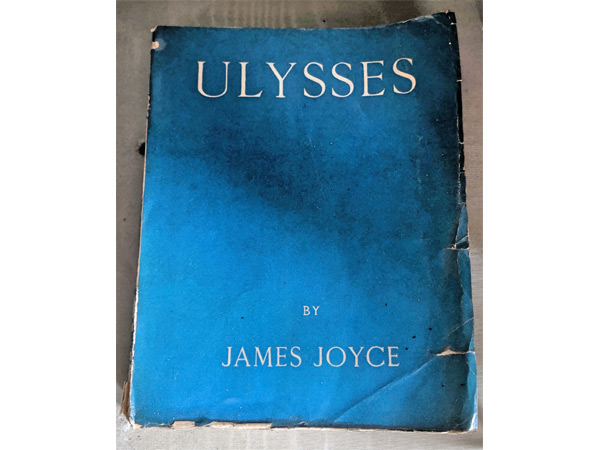Pete Deane celebrates the book and highlights a real-life event it features, that demonstrates how not much has changed in the 100 since its publication.
Today is the Centenary of the publication of Ulysses by James Joyce, published by Sylvia Beech of Shakespeare & Co. in Paris on Joyce’s 40th birthday. Its genius is attested to by its longevity, its translations into almost every language and its history of being a banned book. Its relevance to the universal human condition is well substantiated but it also contains a passage of particular relevance to environmental campaigners today. The passage also is a key reference that dates the day depicted in the book as the 16th June, 1904 by detailing an event, a human tragedy that happened in New York, an actual historical event that took place the day before, that is just reaching the Dublin news-stands as the tale unfolds.
The event is the sinking of the pleasure boat General Slocum in the treacherous waters of Hell Gate on the East River, flowing between Randall’s Island and the Queens district of New York. Claimed to be “the most splendid excursion steamer in New York” the boat was in fact a death trap. 1,021 of the 1,342 passengers, mostly women and children on a church holiday day out, drowned for reasons familiar in today’s economic regime of de-regulation and “lean” business models. The fire in the engine room was at first ignored by the Captain, William Van Schaick, whose subsequent actions contributed greatly to the outcome. When the fire was finally addressed, appalling vessel maintenance meant that the fire-hoses leaked and then burst, the lifeboats could not be launched and the rotting life-jackets disintegrated in the water.
The first mention of the tragedy in Ulysses is when the protagonist, Leopold Bloom reflects on an article he read earlier that day in the Freeman’s Journal, thinking, “All those women and children excursion beanfeast burned and drowned in New York. Holocaust”. Later we have Father Conmee considering the deaths when he regards the news-stand outside Grogan’s Tobacconist on the North Strand Road, with the self-comforting thought, “Unfortunate people to die like that. Still, an act of perfect contrition”. It’s later, in a pub on James’s Street, that the details get analysed and Mr. Kernan describes to the barman, Mr. Crimmins, “Heart-rending scenes. Men trampling down women and children”. Crimmins declares, “What I can’t understand is how the inspectors ever allowed a boat like that . . .” and Kernan interrupts, “You know why, Palm Oil”. Crimmins then muses, “America they say is the land of the free. I thought we were bad here”. And Bloom, listening in says quietly, “Graft, my dear Sir. Well of course, where there’s money going there’s always someone to pick it up”.
